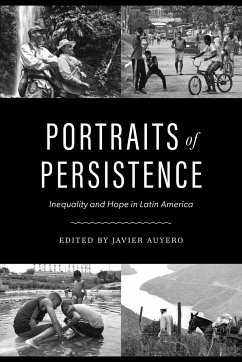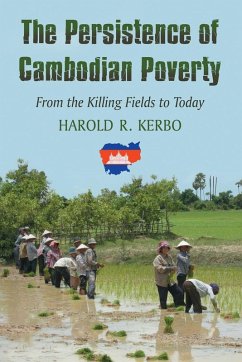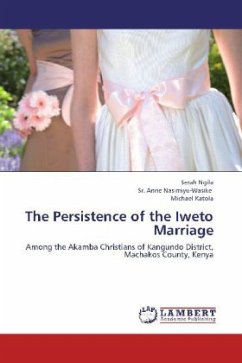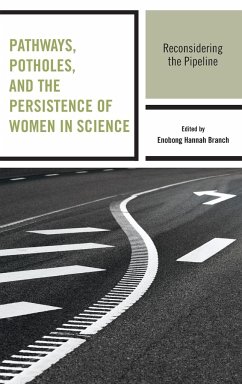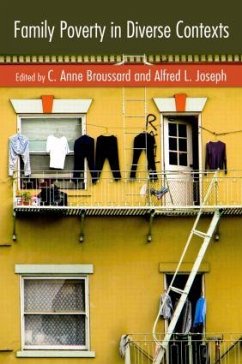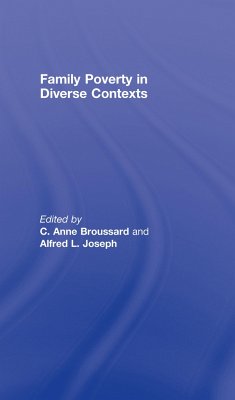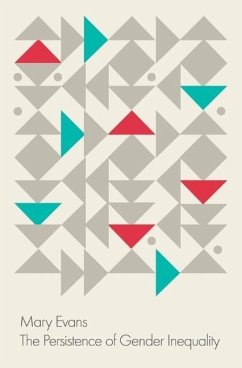
Persistence of Poverty in India
Versandkostenfrei!
Versandfertig in 1-2 Wochen
167,99 €
inkl. MwSt.

PAYBACK Punkte
84 °P sammeln!
What distinguishes Persistence of Poverty from most other poverty studies is the way in which it conceptualises the problem. This volume offers a variety of alternative analytical perspectives and fresh insights into poverty that are key to addressing the problem. In looking at the day to day lived realities of the poor the volume points out that in order to understand poverty one must take into account the wider system of class and power relations in which it is rooted. This volume suggests that 'democracy in India may be as big a part of the problem as it is of the solution.'



